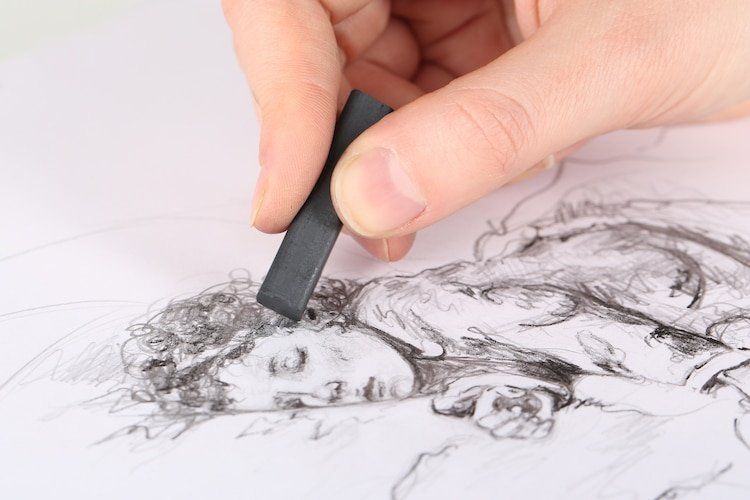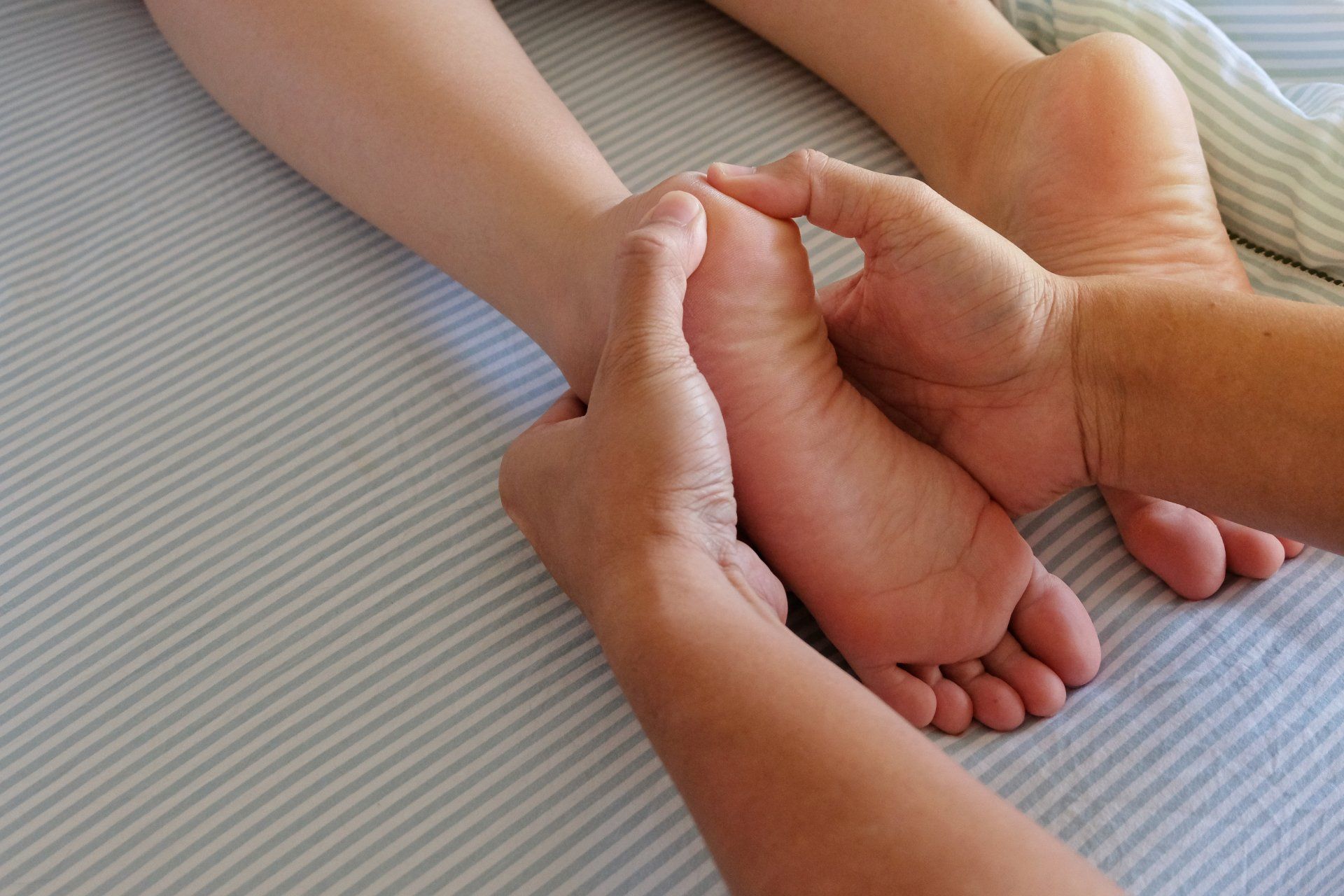SLEEP YOUR WAY TO BETTER HEALTH
Sleep is free, and it’s the single-most important thing we can do for our health.
The quantity and quality of our sleep can:
- Reduce or magnify pain
- Lessen or increase cravings for junk food
- Boost or wreak havoc on mood, energy and the immune system
- Improve or fray memory … affect so much more!

A lack of sleep has been shown to alter DNA. Those of us who are so careful with our health and diet may be inadvertently modifying how our chromosomes and genes perform simply by not getting enough sleep. And while doctors often ask patients about diet and exercise, zero percent of those polled said their doctor has asked them about their sleep habits.
In one experiment in which study participants slept less than six hours for one week, distortions were found in the activity of 711 genes. The genes that were rendered inactive were those that help stabilize metabolism and optimal immune function. They also regulated cholesterol.
One in three Americans lives in a chronic state of sleep deprivation, with chronic defined as occurring for three months or longer. Chronic sleep loss is linked to heart disease, cancer, respiratory diseases, stroke and Alzheimer’s disease – five of the leading causes of death in America.
- For those of you who are young, perhaps these references to mortality seem too far into the future to make changes to your lifestyle now. But how about the fact that “junk sleep makes you crave junk food” by ramping up a hormone that makes you crave fat-storing foods, even after just one night of bad sleep?
- And for all of you who do sports, athletes who slept for eight or more hours a night were 68% less likely to get injured than those who slept less.
Attempting to regulate sleep with substances has drawbacks, so it’s best to regulate your sleep cycle naturally. I realize that sounds like WC Fields’ cheeky advice that the best way to cure insomnia is by getting more sleep! But seriously, every set of recommendations I’ve ever seen for better sleep puts simply going to bed at the same time every night and arising at the same time every morning at the top of the list.
Also widely recommended is avoiding pre-bedtime exposure to screens that emit blue light, like smartphones and computers. Setting your phone on airplane mode before bedtime will eliminate the pinging of incoming texts and emails that’s been proven to release stress hormones that make you more awake.
For eons, decreases in both light and temperature have been nature’s way to signal the flow of sleep hormones. Lowering room temperature, and donning a sleep mask if there’s light you can’t avoid, may work wonders.
These suggestions are just a few of the many available, most of them free and most surprisingly easy to do. Be gentle with yourself as you create new habits. They take time and persistence.
If you’ve been getting less than seven hours of sleep a night or sleeping restlessly, now is a good time to learn how to get more and better sleep. It’s the simplest and best way to better mental and physical health.

Linda Frank is a State and National Board Certified Reflexologist, a Licensed Massage Therapist, and the Founder/Director of Reflexology Academy NW where she teaches a reflexology certification program for those wanting to be a professional reflexologist or simply do reflexology for friends and family with proficiency. Linda educates about reflexology and other wellness modalities via print, tv, radio, and by in-person and Zoom presentations.
Resources: Why We Sleep by Matthew Walker, PhD; National Institutes for Health; Center for Disease Control; PureWow.com; WebMD.com; Time.com; The New York Times; The Sleep Foundation.










